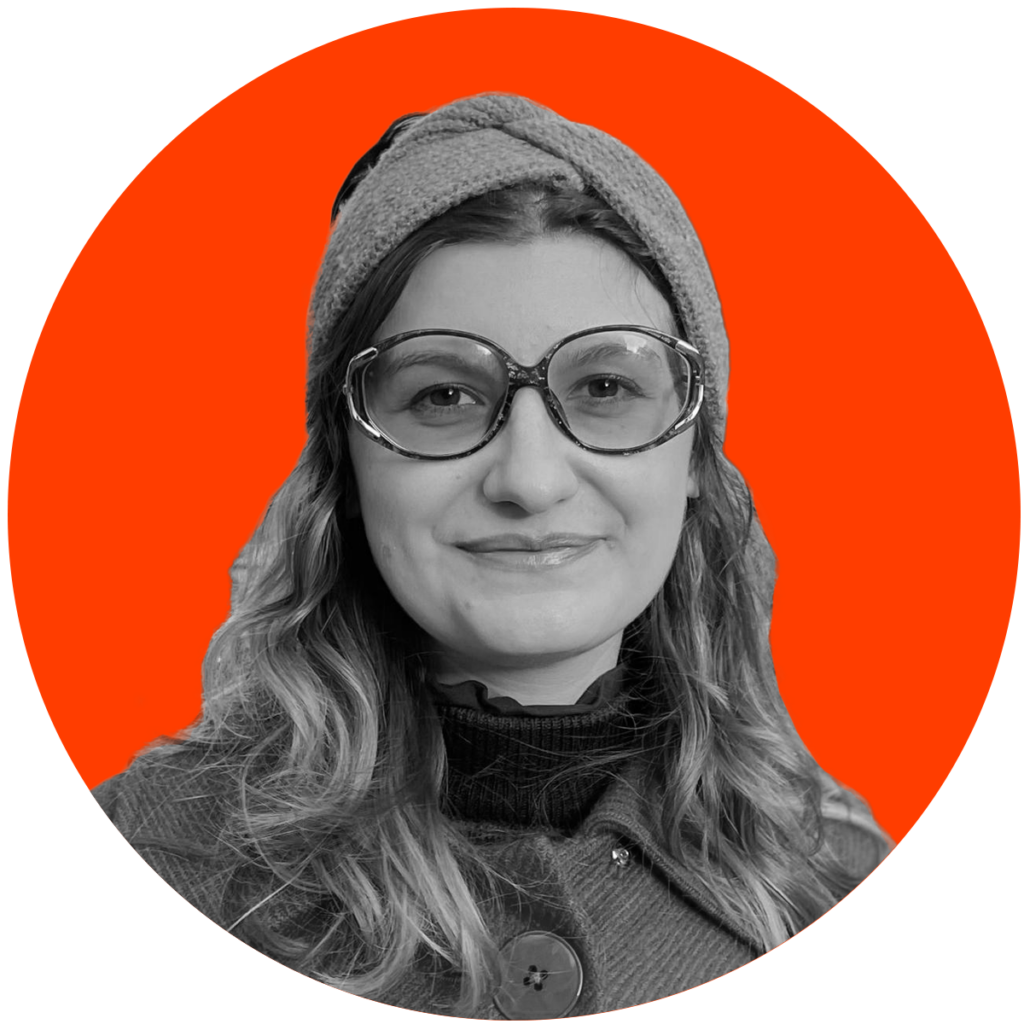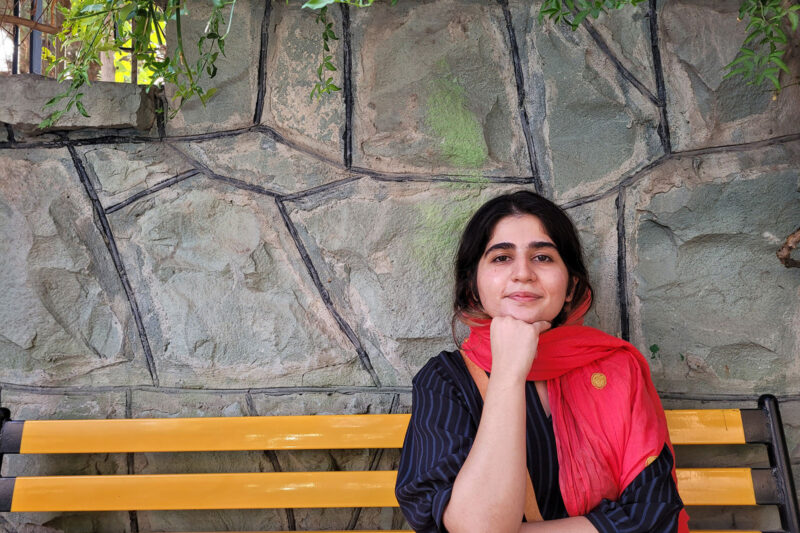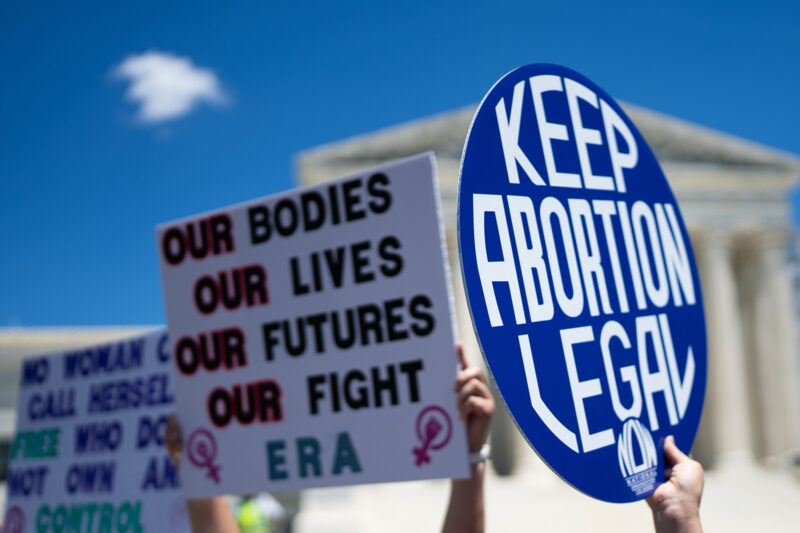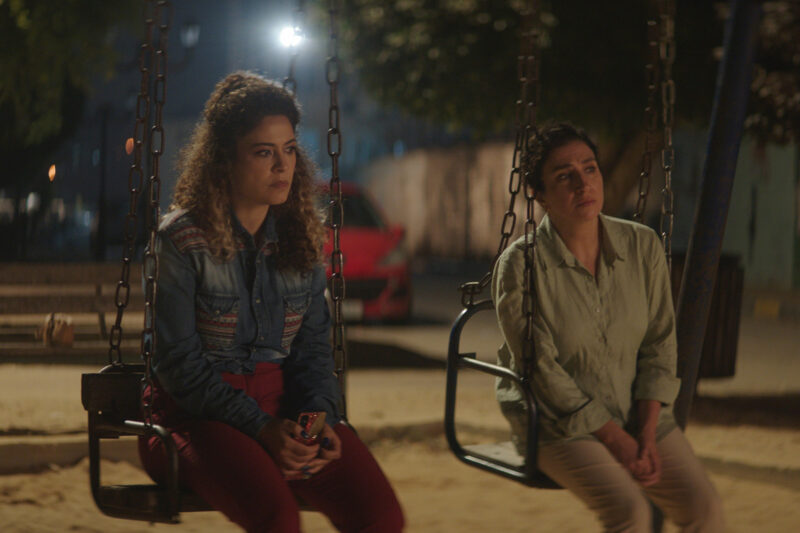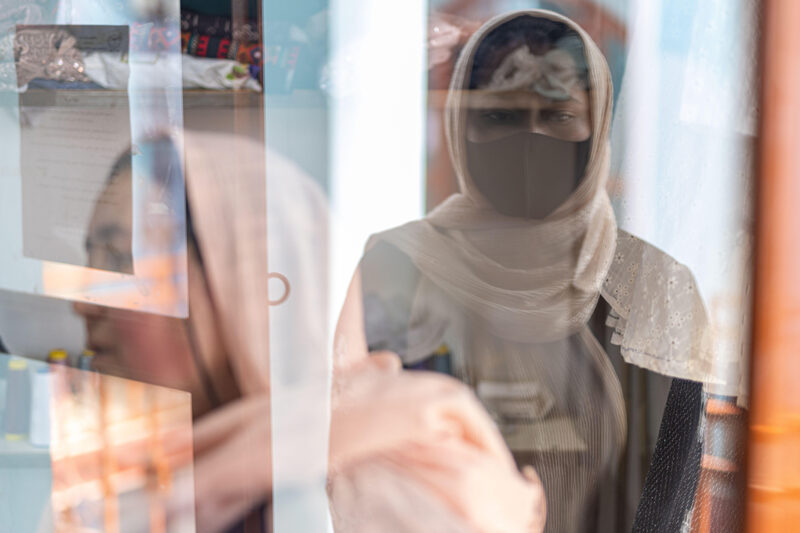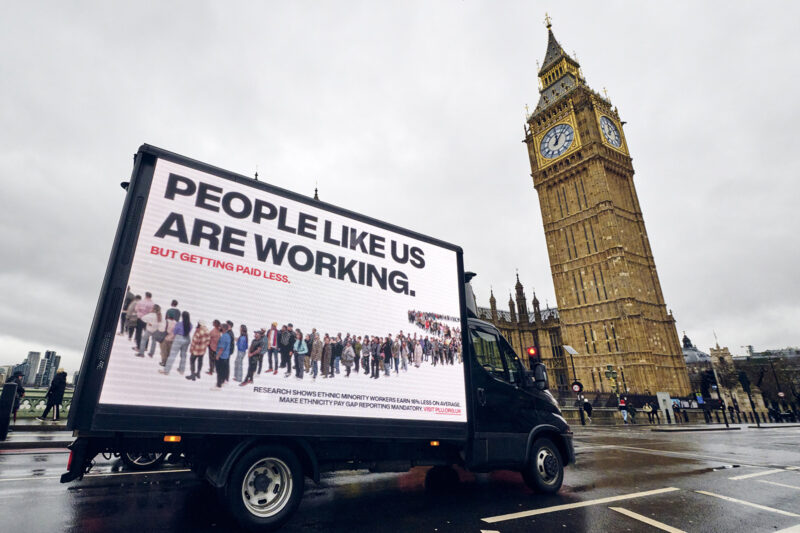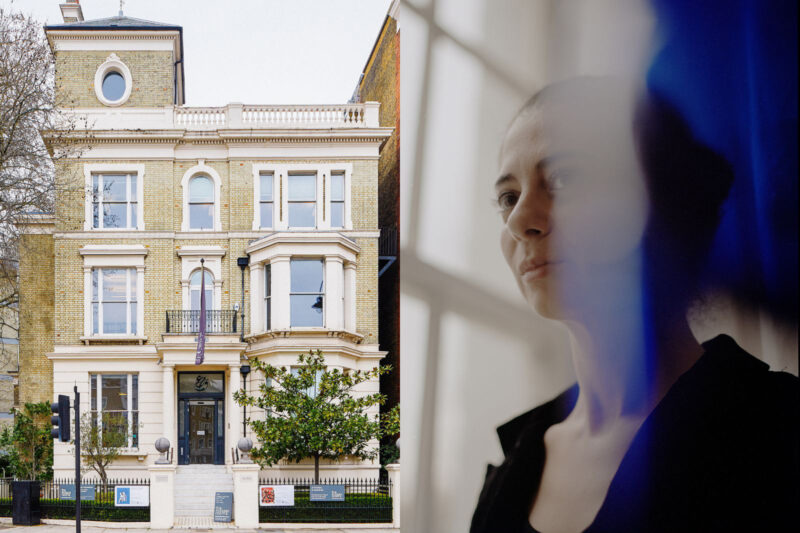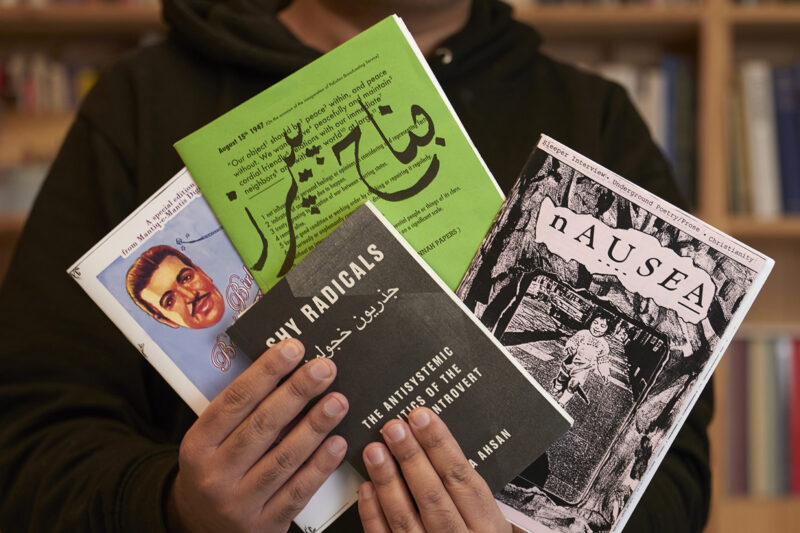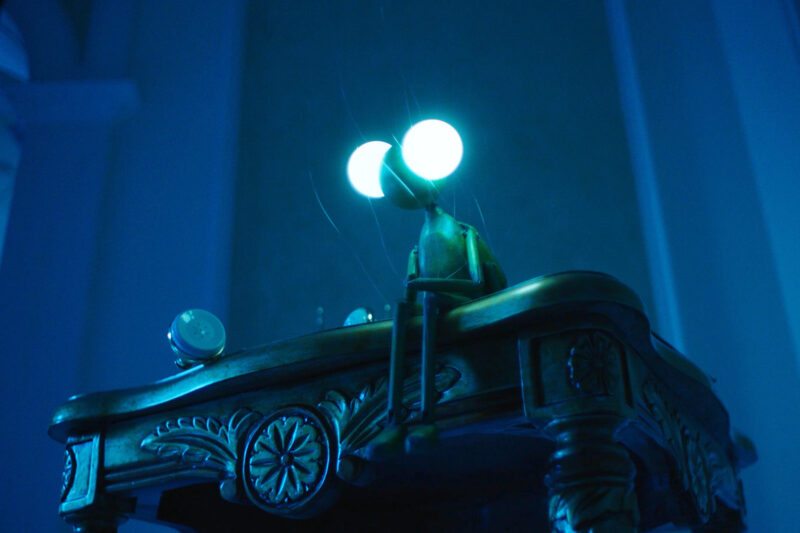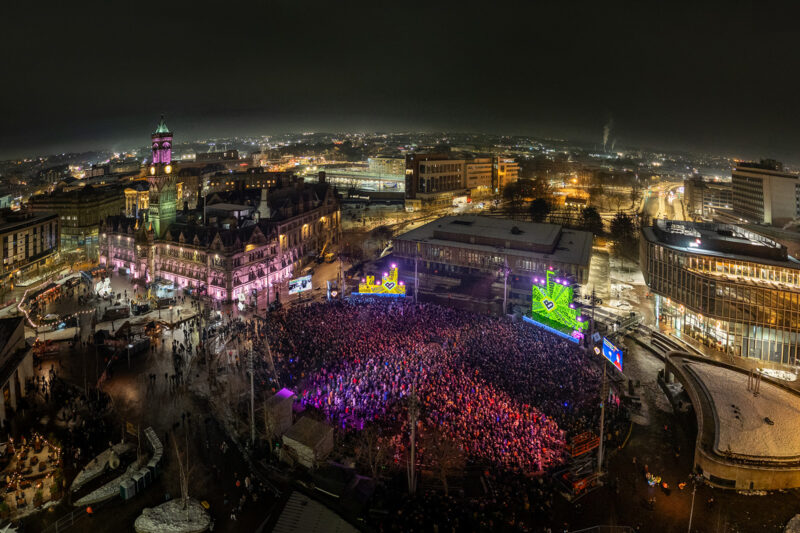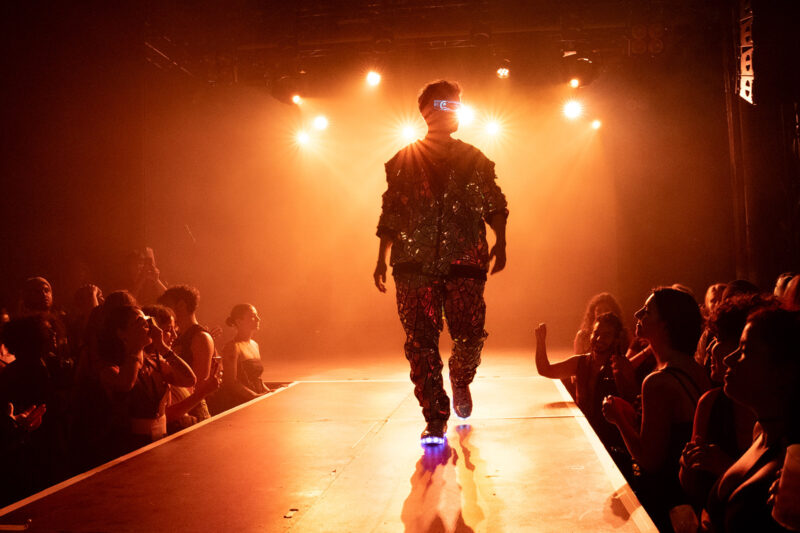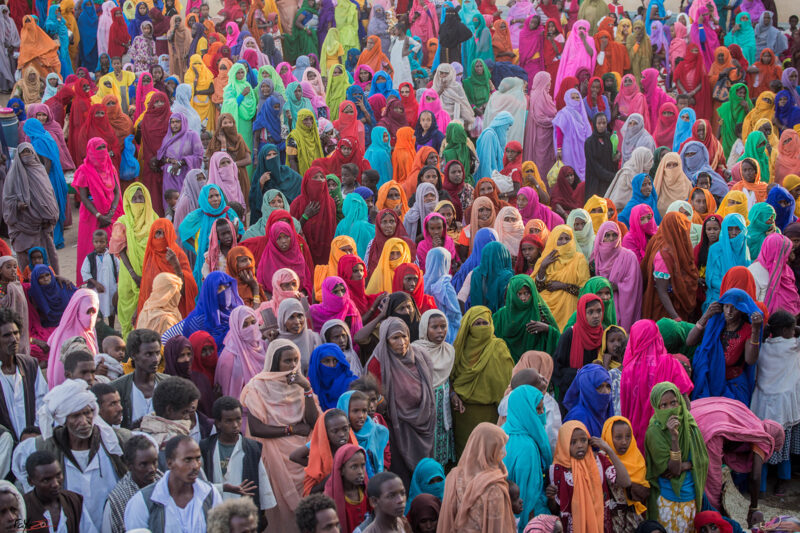Inside Kosovo’s feminist art festival
For the past 12 years, FemArt has created a space where important ideas are discussed and creativity flows freely
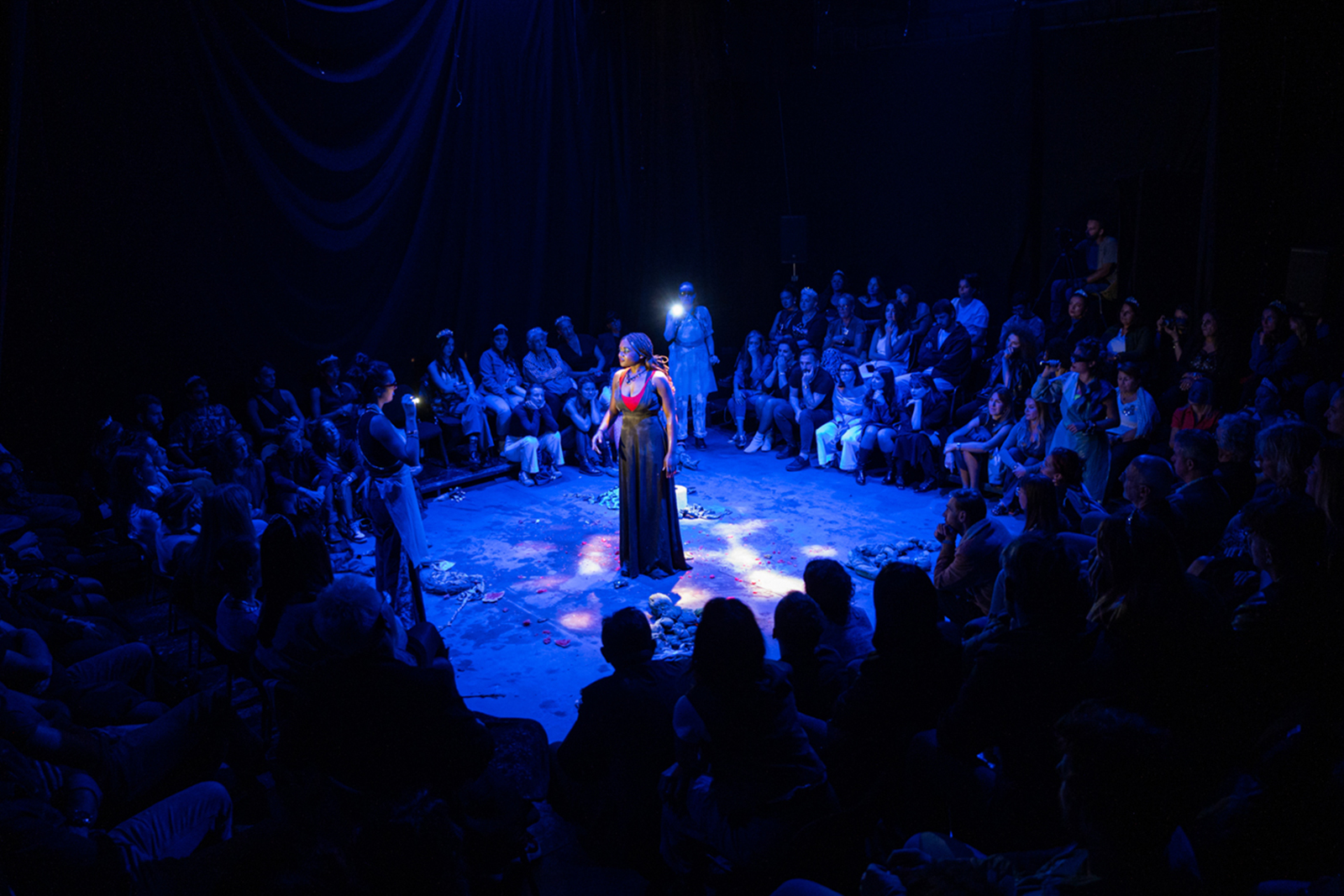
Removing a red plastic nose from her face, Aja Selmani said: “I didn’t know that clowning was a thing you could do. It’s great. It really gave me the space to be myself, the way I want to be. You don’t get many opportunities like that.”
Along with her classmates at the Finnish School of Kosovo, 16-year-old Selmani had just taken part in a clowning workshop at FemArt, a week-long feminist art festival held in Kosovo theatres, art galleries and cinemas across the Kosovan capital of Pristina.
FemArt, which is now in its 12th year, has gradually become a highlight of the city’s cultural calendar, hosting radical performances, exhibitions and panel discussions.
“For me it is an oasis,” said festival founder and theatre director Zana Hoxha. “But when you leave this oasis, the reality is different.”
Only 17% of women in Kosovo are officially employed and, like many countries in the world, the country struggles with femicide and violence against women. While fewer than one million women live in the country, at least 74 had been killed by their partners between 2017 and 2020, according to the Kosovo-based organisation Women’s Network. In 2020 Kosovo adopted the Istanbul Convention, an international treaty on the prevention of gender-based violence, but Amnesty International has found that authorities are still failing survivors.
Additionally, acceptance of intimate partner violence is common and more prevalent among women than men. A 2019 study found that 30% of women agreed that violence against women was acceptable in cases where the woman has made her partner jealous, while only 12% of male respondents gave the same answer.
“A lot of people in Kosovo don’t understand what feminism is and, if you identify in that way, you can face a lot of judgment,” said Rudina Xhokli, a project coordinator at Artpolis, the organisation behind FemArt. “Most people think that feminists hate men and it’s not true. We don’t. We just want an equal society, equal rights for all of the people.”
Xhokli said she was lucky to grow up with a strong and supportive mother and read the writings of Simone de Beauvoir as a teenager — a pivotal moment that led Xhokli to pursue a postgraduate degree in gender studies.
“My mum was an independent woman and she was a big influence on me. She was always telling me to finish my studies, get a proper job, be independent,” Xhokli said. “Unfortunately, a lot of young girls in Kosovo don’t have a role model like that.”
Xhokli believes that FemArt provides a vital introduction to concepts of gender equality and multiculturalism, especially for young people who might not be exposed to such ideas at school or at home.
The 2024 edition of the festival, which ran from 25 to 30 September, opened with a performance of Carmen by the Barcelona Flamenco Ballet, and featured artists and performers from across the globe, including Serbian playwrights and actors Maja Pelević and Olga Dimitrijević, who performed their play World Without Women, French-Angolan singer Lúcia de Carvalho, and Argentinian film director Paula Markovitch,
“It’s one of the best forms of presenting what feminism is,” said Xhokli. “It’s joyous. We are a meeting place for people from different backgrounds so they can have a proper idea of what we are fighting for.”
Hoxha described art and theatre as providing rare opportunities “for fighting patriarchy and changing people’s mindsets” and added that social attitudes have shifted since 2008, when Kosovo declared independence from Serbia. “Feminism used to be a bad word,” she said. “A lot has changed now, but so much still needs to change.”
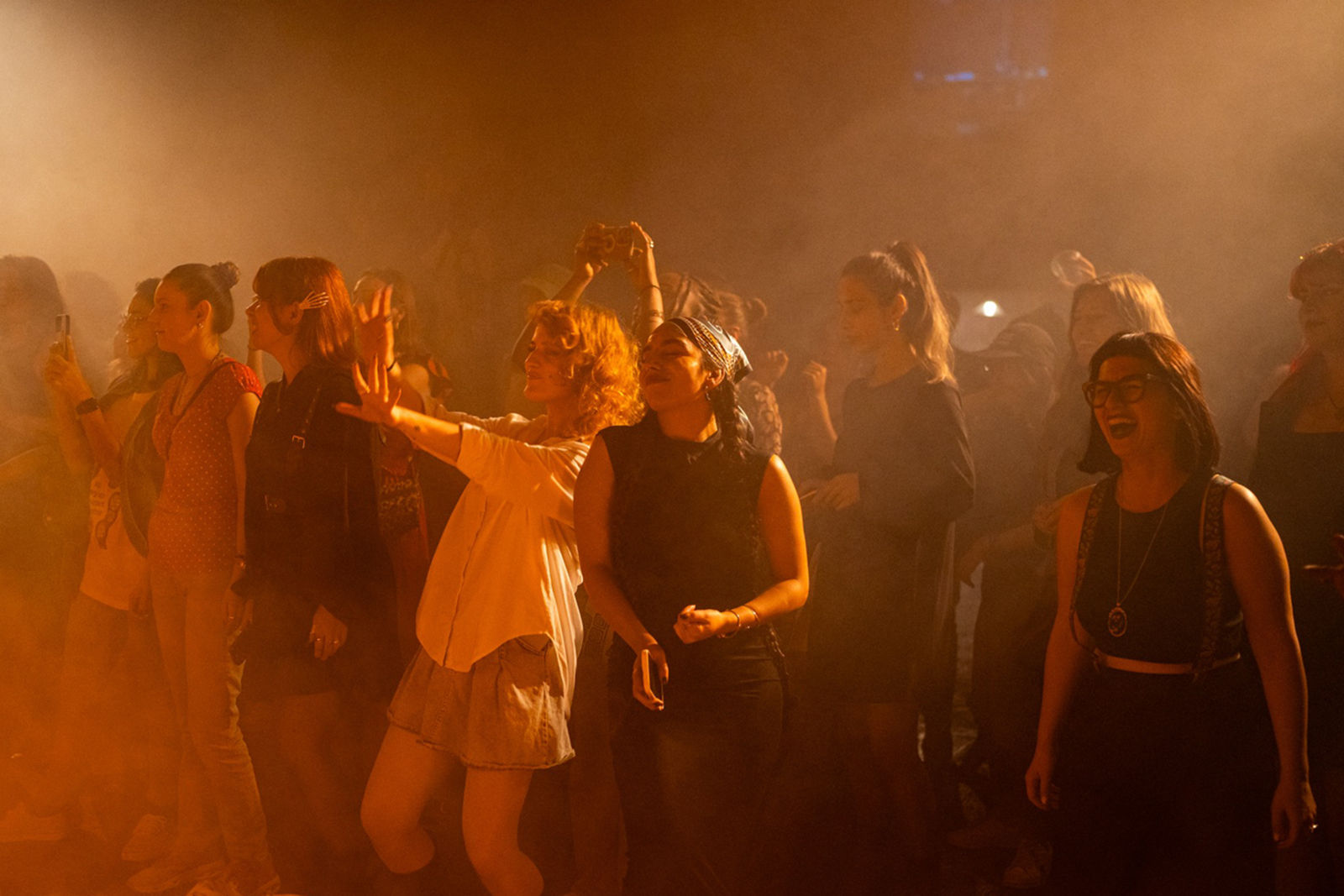
Hoxha was also responsible for the festival’s production of Revolt. She Said. Revolt Again, by the British playwright Alice Birch, featuring students from the London Academy of Music and Dramatic Arts. The play presents a collection of standalone vignettes, discussing a range of topics from sexual violence and consent to motherhood and the commercialisation of feminism.
“It’s a very radical performance,” Hoxha said. “I was a bit sceptical of how it will be perceived here, but it went very well.”
FemArt is also a meeting place for many of the young women engaged in Kosovo’s feminist protest movement, the actions of which have prompted President Vjosa Osmani to declare a national day of mourning on 17 April for victims of gender-based violence.
“A festival like this helps,” said Aleksandra Pepkolaj, an engineering student and FemArt volunteer. “It shows people that being a feminist is not just about protesting. Being a feminist can also mean being a group of women who want to make a movie or a play.”
Pepkolaj, 20, has been attending feminist demonstrations since she was a teenager and has often experienced physical violence and intimidation from counter-protesters.
“I attended a protest and someone took photos of me and posted them all over the internet with my name,” she said. “They wrote, ‘This feminist is trying to change the state.’ This has happened a few times since. My mum supports me and goes to protests with me, but she does get scared for me.”
At one protest in Tirana, Albania, Pepkolaj recalls, an older man hit her with his walking stick. “He was saying that women don’t deserve rights and things like that,” she said. “It was scary, but all I was thinking about was his wife and what it must have been like for her to live with him.”
“Being a feminist in Kosovo is really hard,” said festival volunteer and a political science student Sara Çeshko, 18. “As soon as you think things are getting better for women, something horrible happens again, like another case of femicide.”
For Çeshko, who belongs to Kosovo’s Bosnian minority, FemArt offers a safe space to discuss those issues and a refuge where she can freely express her cultural identity.
“Being Bosniak is amazing, but the outside world doesn’t always understand why our culture is different. Here, I am in a space that is accepting,” she said. “I love the festival because it’s very diverse. We are all here from different communities, we speak different languages but we are all here to fight for our rights.”
 Newsletter
Newsletter

